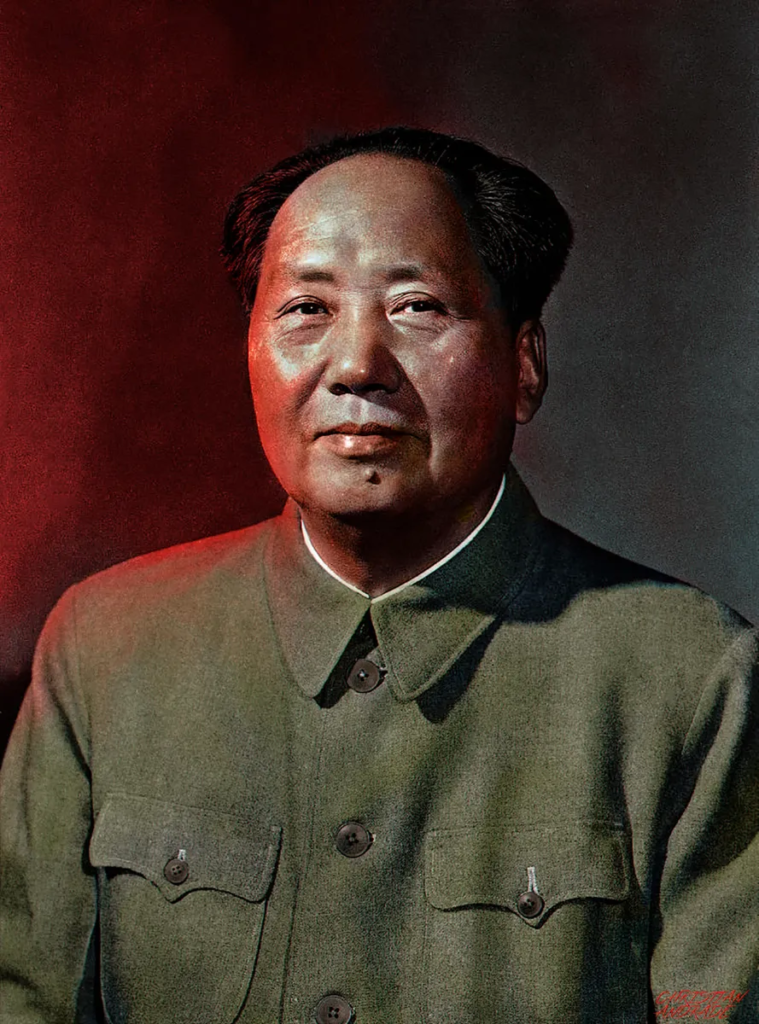
The Chinese government’s strict gun control measures have been in place for decades, and they have played a significant role in the establishment of a highly centralized and authoritarian state in China. These measures were first implemented during the early years of the People’s Republic of China, as Mao Zedong and the Chinese Communist Party worked to consolidate their control over the country.
In 1951, the Chinese government launched a campaign to collect and destroy all privately owned firearms as part of its efforts to eliminate counter-revolutionary forces. This campaign was carried out through a combination of voluntary surrender and forced confiscation, and those who resisted or refused to give up their firearms were often subject to harsh punishment.
The confiscation campaign was part of a broader effort to establish control over Chinese society and suppress dissent, and it was accompanied by other repressive measures such as the establishment of labor camps and the suppression of religious and cultural practices.
By disarming the population, the Chinese government was able to maintain a monopoly on the use of force and prevent any challenge to its authority. This concentration of power in the hands of the Communist Party ultimately led to a highly centralized and authoritarian state in China, with the government using its power to suppress opposition and dissent.
Today, China’s gun control laws remain among the strictest in the world, with private citizens largely prohibited from owning firearms. This has been accompanied by a range of other measures designed to maintain strict control over the population, including a highly advanced system of surveillance and censorship.

The Chinese government’s use of surveillance technology has been particularly notable in recent years, as it has deployed a range of sophisticated tools to monitor and control its citizens. This includes everything from facial recognition technology and internet censorship to social credit systems that track citizens’ behavior and assign them scores based on their compliance with government rules.

All of these measures have contributed to the establishment of a highly centralized and authoritarian state in China, with the government exerting near-total control over the lives of its citizens. This has led to concerns among human rights advocates and others, who argue that China’s government is engaging in widespread human rights abuses and eroding fundamental freedoms.
In conclusion, China’s strict gun control measures have played a significant role in the establishment of a highly centralized and authoritarian state in China. By disarming the population and concentrating power in the hands of the Communist Party, the government has been able to suppress opposition and dissent, and maintain strict control over its citizens. This has been accompanied by a range of other measures, including advanced surveillance technology and censorship, which have contributed to growing concerns about human rights abuses and erosion of fundamental freedoms in China.

